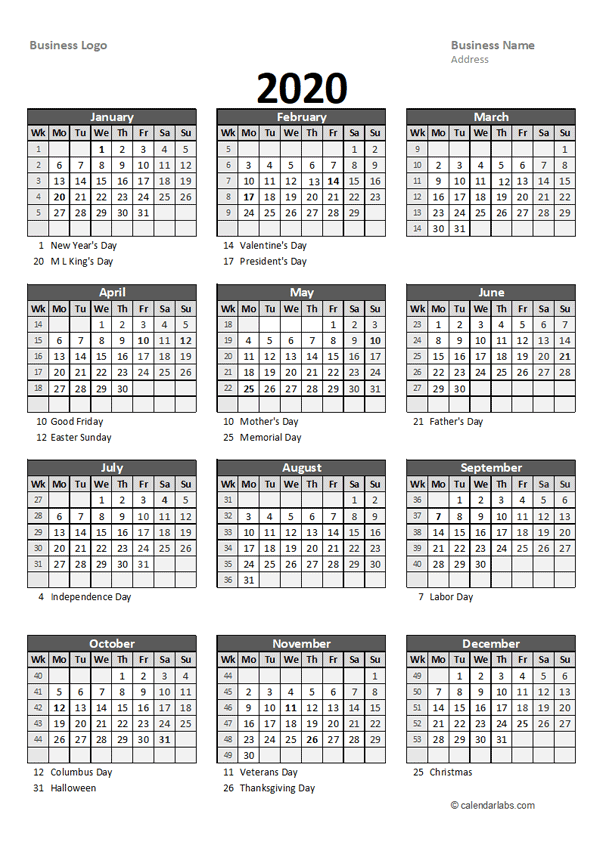How many hours do Europeans work per week? Which countries have short work weeks? Many organizations in Europe are cutting workweeks, though not wages, from hours ( five days ) to hours (four days) to reduce burnout and make workers happier, more productive, and more. What is the work week in Denmark? EU-OSHA collaborates with an extensive network of national focal points , official campaign partners , media partners and OSH ambassadors from the Enterprise Europe Network.

Your employees must be given at least consecutive hours of daily rest and at least hours of uninterrupted weekly rest every days , over a reference period of weeks. See full list on europa. If your employees work more than hours a day, you must ensure that they are given a break, the duration of which is specified in the collective agreements or by national law.
Beyond the daily and weekly rest periods, your staff has the right to at least weeks of paid holidays per year. You cannot replace these holidays with a payment unless the employment contract has ended before the staff member has used up all their annual leave. If your employees work at least hours of their daily shift or a certain proportion of their yearly working time in a period of hours defined by national law and including the time from midnight to 05:0 they qualify as night workers.
Your night workers may not work more than an average of hours per hours. If their work involves special hazards or heavy physical or mental strain, you should ensure that they do not exceed the daily limit of hours in any 24-hour period. Derogations from some of the working time obligations are possible if allowed by national law.
If the working hours of your employees are not measured or predetermine such as for managing executives, you might not have to apply working time obligations. If the work requires continuity of presence, service or production, you can postpone the rest periods of your staff. Reducing the workweek has long been deliberate public policy in a number of European countries,. On average, a full-time employee in the EU works 40. Men have a longer working week than women, working on average 41.
With a total of hours , the Netherlands has the shortest average work week. Denmark is next with hours, followed by the US, Germany, and Switzerland taking the number three spot with hours of average work week. As a region, Europe has the most countries with the lowest working hours at 15.
According to official statistics on working hours in Canada, employed Canadians worked an average of 36. For example, in Quebec the average working hours were 35. Alberta – a clear reminder that even within the same country, working hours can vary a lot. This comes out higher.

Overall, both official statistics and my own anecdotal research suggest average working hours in Europe tend to be lower than those in the US, but of course this varies depending on the country. On the other han the majority of Western European countries. In the OECD data set, Australia comes out with average annual working hours a little below the combined OECD average.
National employment standards set maximum working hours at hours per week, but with allowances for overtime and ‘reasonable’ additional hours. Anybody looking to climb the ladder should expect to do m. Many Asian nations have a reputation for particularly long working hours. East Asian economies such as Singapore, Hong Kong and South Korea all come out well above the US in average hours worked per year, and in countries such as South Korea and Japan government initiatives have been introduced over the past decade to try and bring working hours down in order to improve employee health and quality of life. Casey, who has spent time studying and working in Japan, says long working hours are oft. The European Agency for safety and health at work (EU-OSHA) collaborates with an extensive network of national focal points, official campaign partners, media partners and occupational safety and health (OSH) ambassadors from the Enterprise Europe Network (EEN).
They work together to raise awareness during the European Week , organising many. Held each year in October (calendar week 43), the European Week for Safety and Health at Work is a highlight of every Healthy Workplaces Campaign. With hundreds of awareness-raising events taking place across the EU and beyond — and extra impetus given to media coverage — it is the ideal opportunity to get involved in the campaign. Not surprising the lowest average weekly hours comes from a European country.
In the UK, the average working hours per day is 37. One of the consequences of this has been higher employment rates and increased job sharing. Despite the shorter weekly working times, the hours that people tend to spend at work are longer when compared to other European countries.

No comments:
Post a Comment
Note: Only a member of this blog may post a comment.